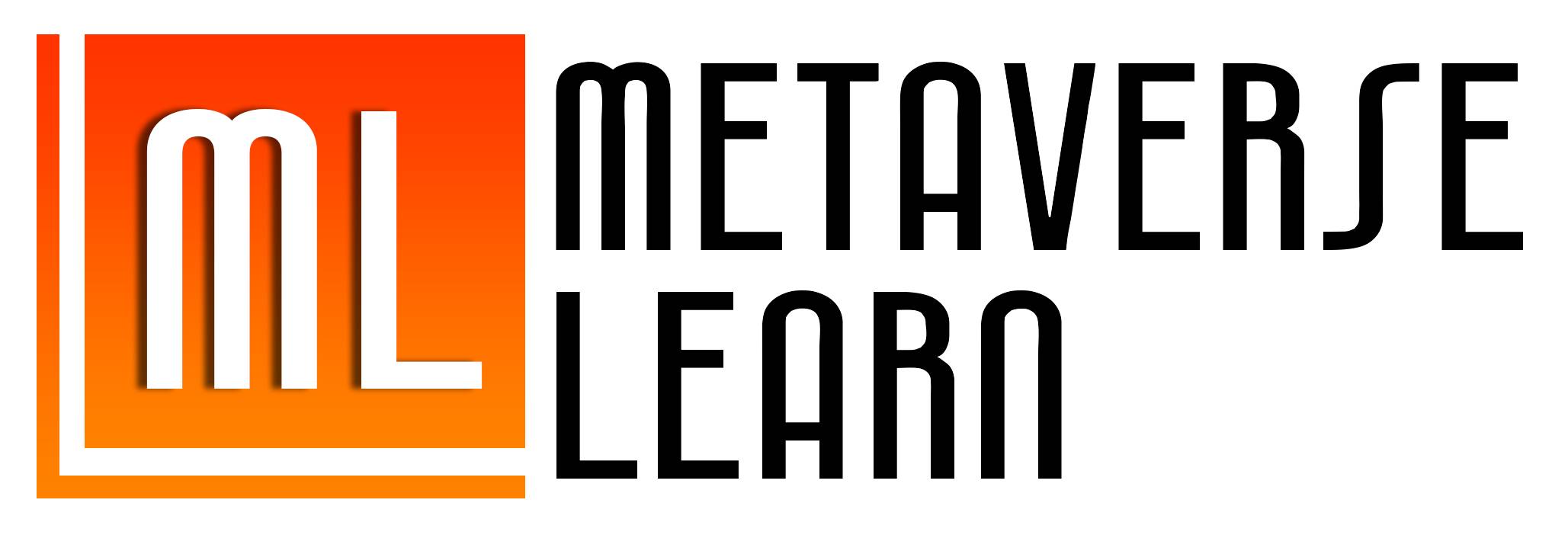C++ Programming
Boost Your Coding Muscles – Level Up with C++!
Overview
- This course provides a comprehensive introduction to C++, focusing on fundamental programming concepts. It is designed for beginners as well as programmers transitioning from C or other languages. The course will cover basic syntax, memory management, object-oriented principles, file handling, templates, and the Standard Template Library (STL).
What You Will Learn In This Course
- OOPs Concept
- Operator Overloading
- Inheritance
- Polymorphism
- Exception Handling
- Run-Time Type Identification (RTTI) & Type Casting
- Standard Template Library (STL)
- Namespaces
Key Features
- 100% Live Sessions
- Expert Trainers
- 1:1 Doubt Clearing
- Industry Oriented Projects
- 6 Months Access to Course Content
- Course Completion Certificate
Who Can Enroll For This Course

School / College Students

Working Professionals

Anyone who want to upskill
Syllabus
Concepts of Object-Oriented Programming (OOP)
- Introduction to OOP
- Principles of OOP:
1. Encapsulation (Data Hiding)
2. Abstraction (Implementation Hiding)
3. Inheritance (Code Reusability)
4. Polymorphism (Method Overriding and Overloading)
5. Advantages of OOP over Procedural Programming
6. Real-world Examples of OOP
Class and Object
- Defining and Declaring Classes
- Creating Objects
- Member Functions and Data Members
- Access Modifiers: Private, Public, Protected
- Static Members and Member Functions
- Friend Functions and Friend Classes
- Constructors and Destructors:
- Default, Parameterized, Copy Constructor
- Destructor and Its Role
Functions
- Function Prototypes
- Function Overloading
- Default Arguments in Functions
- Operator Overloading
- Inline Functions
- Static, virtual and friend Functions
Operator Overloading
- Need for Operator Overloading
- Overloading Unary and Binary Operators
- Overloading Operators Using Member and Friend Functions
- Overloading Assignment (=), Increment (++), and Other Operators
- Restrictions on Operator Overloading
Inheritance
- Concept of Inheritance in OOP
- Types of Inheritance:
1. Single Inheritance
2. Multiple Inheritance
3. Multilevel Inheritance
4. Hierarchical Inheritance
5. Hybrid Inheritance
- Access Control in Inheritance (Public, Private, Protected)
- Constructor and Destructor in Inheritance
- Virtual Base Class
Polymorphism
- Compile-Time Polymorphism:
- Function Overloading
- Operator Overloading
- Run-Time Polymorphism:
- Virtual Functions
- Pure Virtual Functions and Abstract Classes
- Early Binding vs. Late Binding
File Input/Output (File I/O)
- File Handling Basics
- File Stream Classes (ifstream, ofstream, fstream)
- File Opening Modes
- Reading and Writing Files
- Sequential vs. Random Access Files
- File Pointers and Functions (seekg, seekp, tellg, tellp)
Exception Handling
- Need for Exception Handling
- Try, Catch, and Throw Keywords
- Multiple Catch Blocks
- Catching Multiple Exceptions
- Standard Exception Classes
- Creating Custom Exceptions
Run-Time Type Identification (RTTI) & Type Casting
- Need for RTTI
- Operators in RTTI:
- typed Operator
- dynamic cast Operator
- Static and Dynamic Type Casting
- reinterpret cast, Coastcast
Templates
- Introduction to Templates
- Function Templates
- Class Templates
- Template Specialization
- Advantages of Templates
Namespaces
- Purpose of Namespaces
- Creating and Using Namespaces
- Nested Namespaces
- Anonymous and Inline Namespaces
- Namespace Aliases
Standard Template Library (STL)
- Introduction to STL
- STL Components:
- Containers (Vector, List, Deque, Stack, Queue, Map, Set)
- Iterators
- Algorithms (Sorting, Searching, Merging, etc.)
- Functors and Predicate Functions
Projects
- Library Management System
- Bank Management System
- Quiz Application
- Hospital Management System
Our Trainers

Sagar H
Trainer

Dipak D
Trainer


